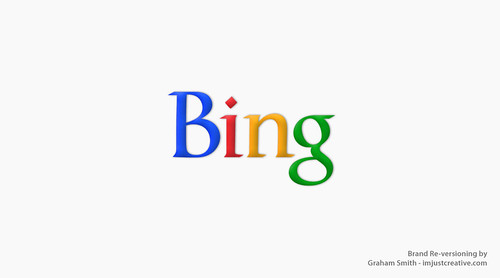Microsoft Unveils Ambitious AI-Enhanced Revamp for Bing Search
In a significant development poised to transform the search engine landscape, Microsoft is preparing to roll out a major update to Bing, incorporating cutting-edge generative AI technology. This latest initiative follows Google’s introduction of AI Overviews and aims to provide a more expansive and immersive search experience. The forthcoming Bing Generative Search represents Microsoft’s latest effort to advance its position in the competitive AI arena, offering a new way for users to engage with search results.
A Transformative New Interface for Bing
In contrast to Google’s AI Overviews, which display information in a concise box at the top of the search results page, Bing Generative Search will occupy the entire left side of the screen with a detailed information panel. This new design intends to present users with an abundance of information at a glance, featuring bullet points, related content, and videos generated by AI. Traditional search results will still be accessible but will appear in a narrower sidebar on the right.
Microsoft characterises this as an “AI-generated experience,” aiming to deliver a comprehensive and user-friendly response to search queries. For example, a search for “What is a spaghetti western” will generate an in-depth overview of the film genre, including its origins, key examples, and additional pertinent details. The goal is to offer a more enriching and informative search experience.
Weighing Information Density Against User Experience
While Microsoft promises that the new layout will be “easy to read,” concerns have been raised about potential information overload. The extensive AI-generated content might overshadow traditional web articles, potentially requiring users to scroll extensively to access a wider array of sources. This shift could impact how users interact with search results, possibly reducing the visibility of smaller websites and independent content providers.
Feedback and Implementation Timeline
Currently, Microsoft has not indicated whether users will have the option to disable Bing Generative Search. The update is expected to be rolled out gradually, with the company stating it will “take [its] time” to collect and respond to user feedback. Further details about the rollout schedule and specific features will be provided “in the coming months.”
Addressing Concerns About Misinformation and Content Plagiarism
A key concern with generative AI in search engines is the potential for spreading misinformation. Google’s AI Overviews have faced criticism for inaccuracies, such as suggesting unconventional uses for household items. Microsoft’s approach with generative AI must carefully address these issues to maintain trust and credibility.
Additionally, there are concerns about how AI-generated content might affect website traffic and content ownership. The risk of reduced clickthrough rates and possible content plagiarism has led to legislative measures in countries like Australia. Microsoft has committed to ensuring that Bing Generative Search will “maintain the number of clicks to websites and support a healthy web ecosystem,” although its effectiveness in this regard remains to be seen.
Looking Ahead: The Future of Search
The launch of Bing Generative Search represents a significant advancement in how search engines utilise AI to enhance user experience. By delivering a more detailed and engaging presentation of information, Microsoft aims to distinguish Bing in a market dominated by Google. However, the success of this initiative will depend on how well it addresses user needs and concerns.
As Microsoft continues to develop and expand this feature, it will be crucial to monitor user feedback and industry reactions. The broader impact on digital content creators, web traffic, and the accuracy of AI-generated information will influence the future of search technology.
Microsoft’s introduction of Bing Generative Search marks a significant leap forward in AI-driven search technology. By offering a more comprehensive and immersive search experience, Microsoft aims to enhance Bing’s competitive position. However, the transition presents challenges, particularly regarding information accuracy, content ownership, and user adaptability. As the rollout progresses, the response from users and industry stakeholders will be critical in determining the long-term success and impact of this innovative update.


